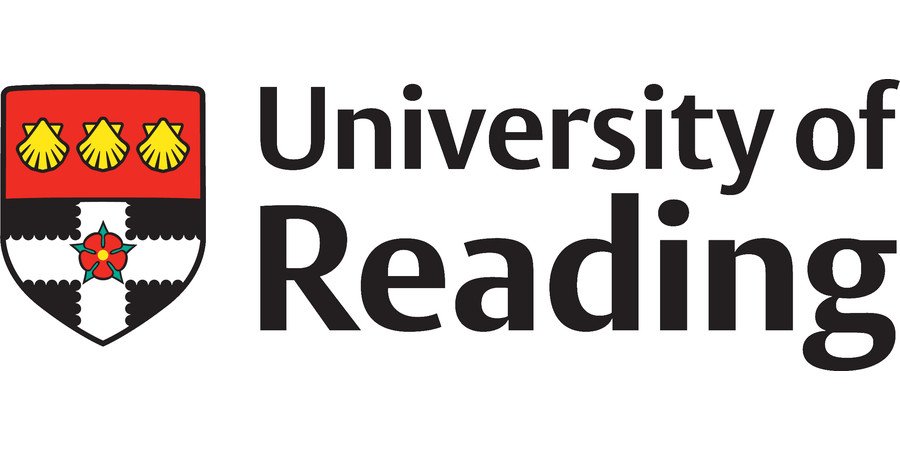Hello all, we are the Mirzakhani Society, a group for all the women and non-binary mathematicians at Oxford. We run lots and lots of relaxed events from pizza nights to career conferences. Our main aim is to create a warm and welcoming environment for women* to come together and chat about life, maths and anything in-between.

Fridays@2 continues in L1 this week with: What are employers looking for in Mathematical Graduates?
Next week: Where does collaborating end and plagiarising begin?
The Oxford Maths Engagement GrAnts scheme (OMEGA) is a one-off scheme running this academic year which aims to support creative Public Engagement with Research activities from early career researchers (of any career stage) within the Mathematical Institute. Briefly, OMEGA provides a £3k fund which aims to support the development of PER resources, events, or other activities within the MI or led by MI researchers..


 All members of the University of Oxford are invited to take part in the 10 minute survey and share their feedback which will be used to guide collections, services and strategy.
All members of the University of Oxford are invited to take part in the 10 minute survey and share their feedback which will be used to guide collections, services and strategy.  There are a couple of remaining PhD studentships at Reading EPSRC CDT in Mathematics for Future Climate, please see more information in the links below. The deadline for applications is Sunday 9th March
There are a couple of remaining PhD studentships at Reading EPSRC CDT in Mathematics for Future Climate, please see more information in the links below. The deadline for applications is Sunday 9th March
 Queen Mary University of London are accepting applications for an EPSRC and industrially co-sponsored PhD studentship: Probabilistic Simulation for Airport Airside Operations: Uncertainty Quantification and Optimisation
Queen Mary University of London are accepting applications for an EPSRC and industrially co-sponsored PhD studentship: Probabilistic Simulation for Airport Airside Operations: Uncertainty Quantification and Optimisation